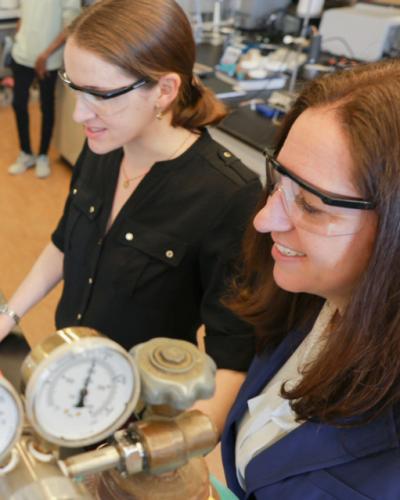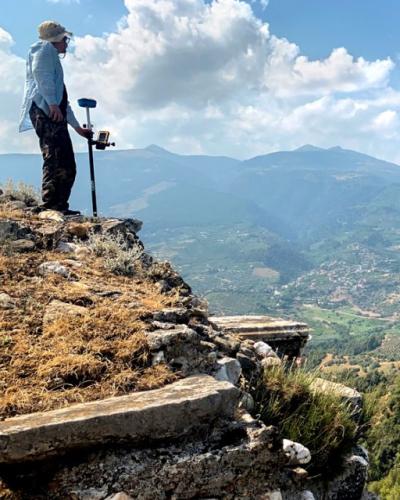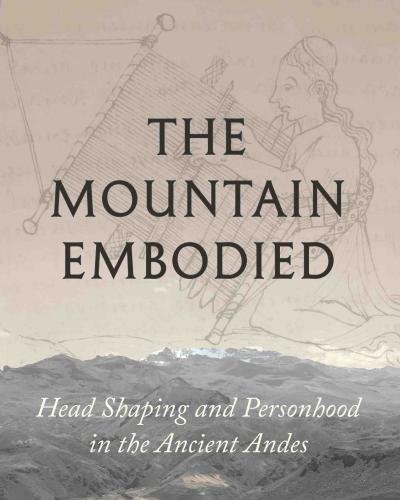The International Court of Justice (ICJ) is hearing a case brought by Armenia accusing Azerbaijan of racial discrimination. Among several requests, the country is seeking the protection of Armenian cultural heritage sites in Nagorno-Karabakh now under Azerbaijan’s jurisdiction as a result of the ceasefire ending the 2020 war.
Cornell University researchers Adam Smith and Lori Khatchadourian have used high-resolution satellite imagery to monitor and document endangered and damaged cultural heritage in the South Caucasus. Their Caucasus Heritage Watch finds the most at-risk are churches, monasteries, cemeteries and other sites from pre-Christian periods through the early 20th century.
“Whatever the ICJ decides in the case, it is extremely significant that arguments have been made on an international stage that attacks upon cultural heritage are attacks upon a people," said Smith, Distinguished Professor of Arts and Sciences in Anthropology in the College of Arts & Sciences. "Assaults on heritage are not an extension of war or a privilege of sovereignty; they are acts of bigotry and hatred and must be understood as such. The protection of cultural heritage is not simply about preserving old monuments, it is one front in the wider global effort to combat hatred and discrimination.”
Katchadourian added: “For the court to intervene in the protection of Armenian religious and cultural heritage in Azerbaijan, the plaintiff needs to demonstrate that the threat to heritage sites is urgent and that potential harms are irreparable. Our work at Caucasus Heritage Watch has produced evidence that demonstrates both the urgency of the threat and the irreparability of the harm.
“Our findings have been submitted to the ICJ as evidence in this important case. Satellite monitoring is affording new kinds of evidence for the prosecution of assaults on cultural heritage, and providing the legal establishment with a powerful new tool for the protection of humanity’s past in conflict zones,” said Khatchadourian, associate professor of Near Eastern studies (A&S).






